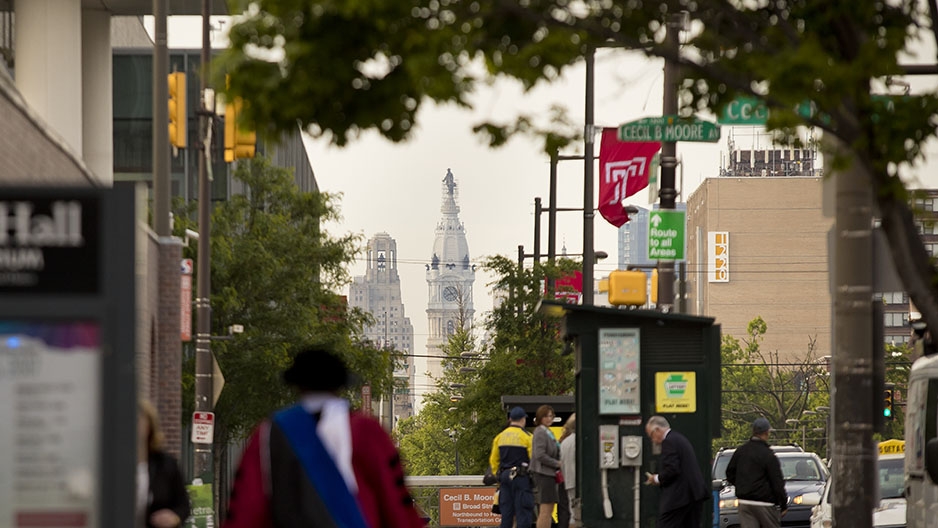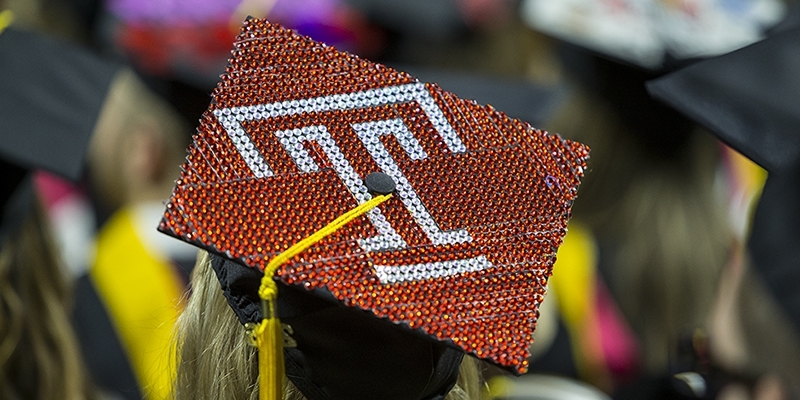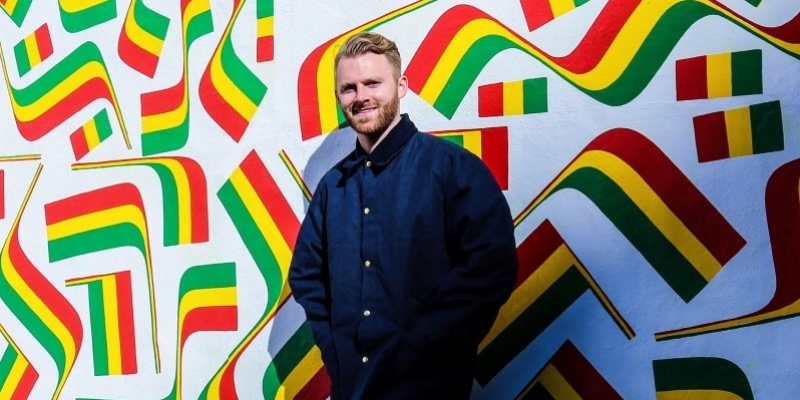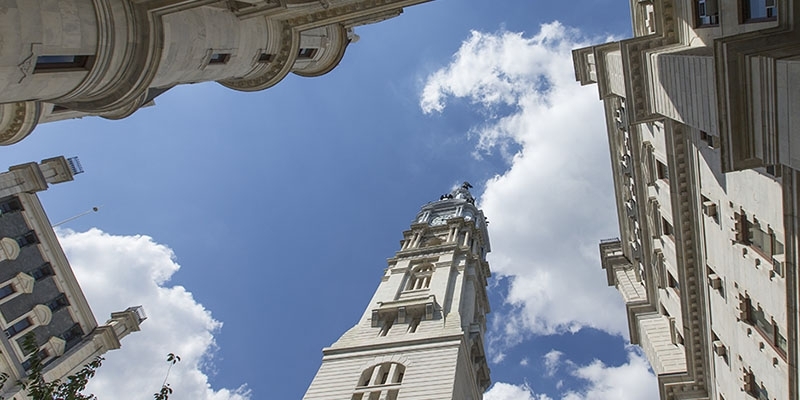Several alumni appointed to Millennial Advisory Committee
The committee will work to be a voice for the millennial community in Philadelphia.

Earlier this year, Mayor Jim Kenney and the Office of Public Engagement announced the members of the first ever Philadelphia Millennial Advisory Committee. Temple graduates continue to stay in Philadelphia and show their investment in our city, which is why it’s no surprise that several alumni were chosen to be a part of the newly established committee.
Here’s what these millennials have to say about the importance of their generation and what they love, and aspire to change, about our city.
How would you describe millennials?
Raymond Smeriglio, KLN ’16: Millennials are drivers. They’re thinkers, they’re doers. Millennials are folks you can count on to get it done and who are excited for new opportunities. This committee is a perfect example—400 people applied. There is a lot of energy in this generation, and I think a big part of this group is how we specifically take this energy and move it to action and get results.
Why are millennials staying in Philadelphia?
Penda Howell, KLN ’15: One of the major reasons why people come to Philadelphia is for our universities. We have so many universities (Temple being the best, in my opinion) that feed young people into the city. When they get here they realize the unique qualities that we have in terms of getting involved in the city and how they can immerse themselves in different neighborhoods.
Why are millennials such an important population in Philadelphia?
Brandi Baldwin-Rana, CLA ’06: This generation in particular is important to Philadelphia, or any city, because in a minute we are going to be in charge. We’re going to be in even more leadership positions. We are the generation who sort of bought into the American dream, we went to college and we did everything by the books. When we graduated, the opportunities weren’t there that we thought were going to be there. This is a great opportunity for cities to really double down and think about how to better support this generation. We’ve done a lot on our own, but how can we support millennials to accelerate what they want to do in their careers and create a city for someone like me who has young children, who is married? My interests and needs are much different than they were 10 years ago, so why would I want to stay here? Affordability is important, schools are important. These are things that are hot topics now for millennials. We are getting older and we have more postion, more buying power. I think it’s good we have a seat at the table so we can discuss how to make this city millennial friendly.
Why did you want be involved with this committee and what are some of the goals?
Dafina Williams, CLA ’07: I work at a national nonprofit, so I’ve always been interested in community and economic development. But, with the work that I do there isn’t a lot of opportunity to do the groundwork of connecting with local communities. I felt that this committee was an opportunity for me to re-engage at the local level and give back to the city that I love. I love Philadelphia and I want to contribute to its growth and development.
Howell: One goal as a body is to act as an amplifying voice for millennials in the city, especially the different intersectional communities that make up Philadelphia—all of the students here, the recent graduates, people who are lifelong Philadelphians who have been here to see the city change, people who are new to Philadelphia and those who are not necessarily granted access to all the great things our city has. We want all of theses communities and identities to be heard.
What do you love about Philadelphia?
Baldwin-Rana: The culture. I love that I can go to the Jamaican spot and grab some authentic food, especially on Baltimore Avenue in West Philly. It’s beyond the food—I’m in Philly, but I don’t feel like I’m in Philly when I walk into these spaces. So many cultures have their own place here, and it feels so welcoming to be a part of those experiences.
Williams: The diversity. I feel so lucky that throughout my entire schooling, and even my professional life, I have been in different environments where I could interact with many different types of people. That really does give you a different perspective on the world and the way we interact with each other as a society.
What is something that you’d like to change about Philadelphia?
Smeriglio: I think Philadelphia is at a place where its diversity offerings are extremely strong—we have a piece of everyone and everything here. One of the pieces that we are missing is intersectionality. The LGBT community is a perfect example of where there are still silos. We are all together as an LGBT community and we shouldn’t experience the racism that we still see in the community everyday.
Baldwin-Rana: As a millennial there are times when I feel like it can be challenging to get into some of those more traditional professional circles. I really had to do a lot on my own to build my career, which I think is the point of the mayor creating this committee. There wasn’t a blueprint, there wasn’t a place where I could say ‘I’m a young professional, I have these needs and how can you direct me?’ I think Philly has been missing a resource for young professionals to help them get connected to so much of the seasoned talent that is here.
Williams: The one thing that I’ve noticed in recent years is that there is so much massive development, specifically in certain areas and the developers aren’t necessarily being held accountable in including communities in the decisions that are being made. I would like to see a city government that can hold some of the developers a little more accountable for creating better outcomes in the communities that they’re changing.


